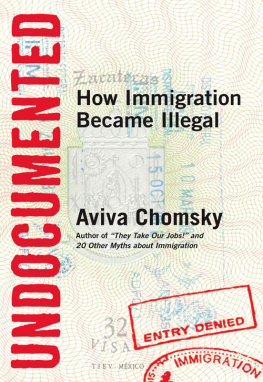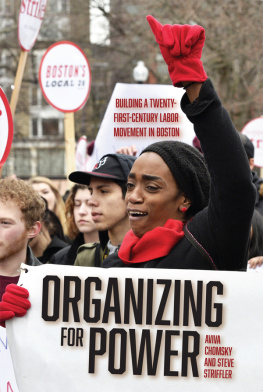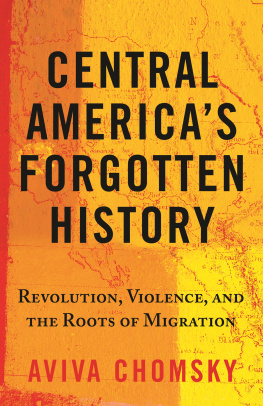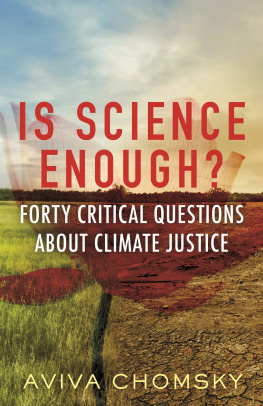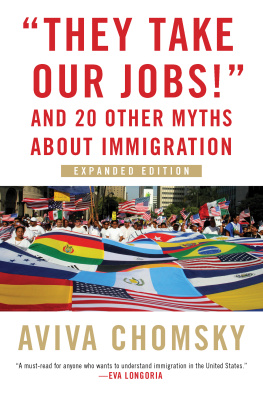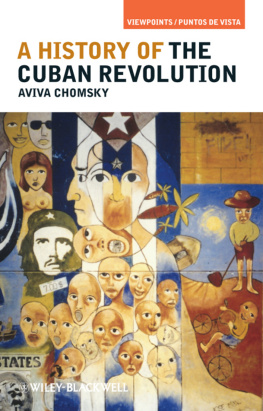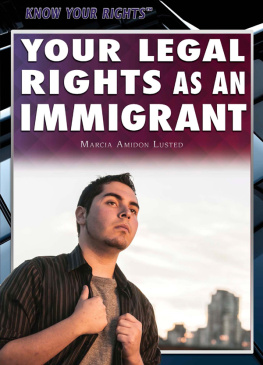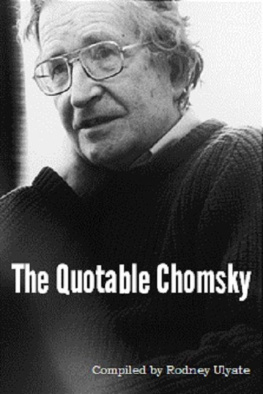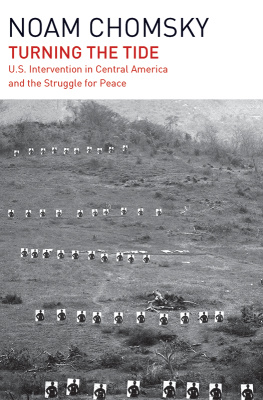
To people
without papers
everywhere
Preface
As I began to give interviews and talks about my book They Take Our Jobs! And 20 Other Myths about Immigration, published in 2007, I became more and more convinced that a key, central issue thats hampering those of us who support immigrant rights is the absence of a basic, fundamental ability to say immigrant rights are human rights. Immigration simply should not be illegal. No politician or talk-show commentator is going to risk saying this, but we have to.
I stand by my arguments about the myths I deconstruct in the book (Immigrants DONT take American jobs! Immigrants DO pay taxes! Immigrants ARE learning English!), but I also, deep down, think these arguments miss the point. Immigrants are human beings who have arbitrarily been classified as having a different legal status from the rest of the United States inhabitants. The only thing that makes immigrants different from anybody else is the fact that they are denied the basic rights that the rest of us have. There is simply no humanly acceptable reason to define a group of people as different and deny them rights.
How can we claim to oppose discrimination based on national origin when our entire body of citizenship and immigration law is founded on discrimination based on national origin? When people ask me, Why dont they just apply for citizenship? or Why dont they just come here legally? they are betraying a fundamental ignorance of our immigration and citizenship laws. People dont apply for citizenship or dont obtain proper documents to come here, because the law forbids it. Thats right: the law forbids them to come to the United States or to apply for citizenship. US immigration law is based on a system of quotas and preferences. If you dont happen to be one of the lucky few who falls into a quota or preference category, there is basically no way to obtain legal permission to immigrate. If you are already in the United States without proper documentation, you will never, ever be allowed to apply for citizenship.
Given the choice, nobody would risk his or her life walking through the desert to enter the country illegally, and nobody would risk the constant fear, discrimination, and threat of deportation that comes from being undocumented. Of course, everybody who comes to the United States would rather enter the country legally, and everybody who is undocumented would rather be documented. If only the law allowed them to do it!
The purpose of this book is to denaturalize illegality. I want to show it as the social construction that it is. I want to show when, why, and how it came to be, and how it came to be socially accepted as a fact. I want to show how it works and what purpose it serves. Or maybe whose purposes it serves. My goal is to unveil the complex, inconsistent, and sometimes perverse nature of US immigration law that makes some people illegal.
Introduction
When people say, What part of illegal dont you understand? they imply that they, in fact, understand everything about it. They take illegality to be self-evident: theres a law, you break the law, thats illegal. Obvious, right?
Actually, illegality is a lot more complicated than that. Laws are made and enforced by humans, in historical contexts, and for reasons. They change over time, and they are often created and modified to serve the interests of some groupsgenerally the powerful and privilegedover others.
Most of the citizens who brag that their ancestors came here the right way are making assumptions based on ignorance. They assume that their ancestors went through the process and obtained visas, as people are required to do today. In fact, most of them came before any legal process existedbefore the concept of illegality existed.
THE INVENTION OF ILLEGALITY
Illegality as we know it today came into existence after 1965. In the decades before 1965, the media rarely depicted immigration in negative terms. Nor did the public or Congress consider it a problem in need of legislation. By the 1970s, though, the demonization of immigrantsin particular, Mexican and other Latino immigrantsand the issue of illegal immigration were turning into hot-button issues.
There are some particular historical reasons for these changes. Some are economic. The global and the domestic economies underwent some fundamental structural changes in the late twentieth century, changes we sometimes refer to as globalization.
Some analysts argued that globalization was making the world flat, and that with the spread of connection, technology, and communication, old inequalities would melt away. Ill go more into depth about these changes and show how they contributed to a need for illegality to sustain the new world order.
The second set of changes is ideological and cultural. Like the big economic shifts, ideological and cultural changes are a process; they cant necessarily be pinpointed to a particular date or year. I use 1965 as a convenience, because thats when some major changes were enacted in US immigration law that contributed to creating illegality. But those changes responded to, and contributed to, the more long-term economic and ideological shifts that were occurring.
In the cultural realm, overt racism was going out of fashion. Civil rights movements at home and anti-colonial movements abroad undercut the legitimacy of racial exclusion and discrimination. While apartheid continued in South Africa through the 1980s, even that lost its international legitimacy. In the United States, the Jim Crow regime was dismantled and new laws and programs were aimed at creating racial equality, at least on paper. By the new century, people were beginning to talk about the United States as a postracial society. At the same time, though, new laws hardened immigration regimes and discrimination against immigrants in the United States and elsewhere.
TRUE REFUGEES OF THE BORDER WARS
Before deeply delving into the dizzying and sometimes irrational nature of immigration law, its helpful to consider whats actually happening on the ground. I had the opportunity to see firsthand the human tragedy thats resulted from the new immigration regime in March 2010, when I participated in a weeklong humanitarian delegation with the organization No More Deaths, one of several that take direct action on the US-Mexico border.
Volunteers from these organizations attempt to provide humanitarian aid to migrants by leaving water at stations along migrant trails and offering basic first-aid at camps in the desert, among other things. My group, though, was taking testimonies on the Mexican side of the border from migrants who had been caught and deported.
During that week, I met several hundred deportees. They were arrested for a crime no US citizen can commit: entering the United States without official permission. Only people who are not US citizens need official permission to enter US territory.
Nogales, Sonora, on the US-Mexico border, has the feel of a war zone. Every few hours, a bus from the Wackenhut private security service arrives on the US side of the border filled with would-be migrants, mostly from Mexicos poor southern regions. Most of them were captured by the Border Patrol somewhere in the Arizona desert. They used to try to capture us near the border, one migrant told me wearily. Now, they patrol two or three days walk north of the border. They want to find us when were dehydrated, exhausted, blistered, so we cant run away.

